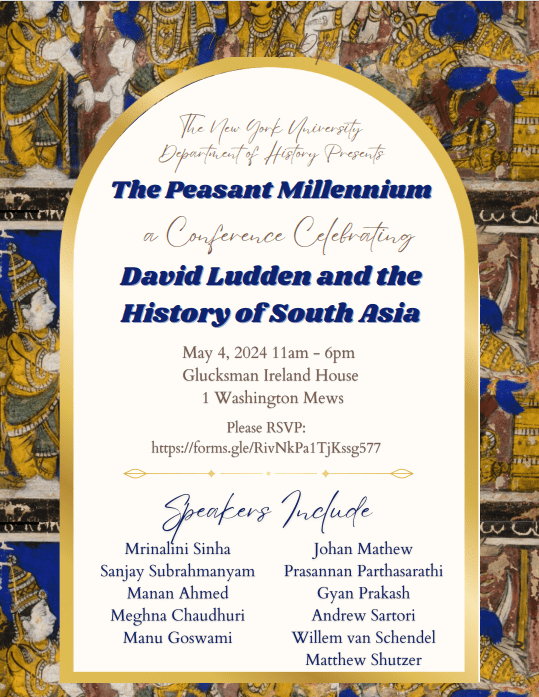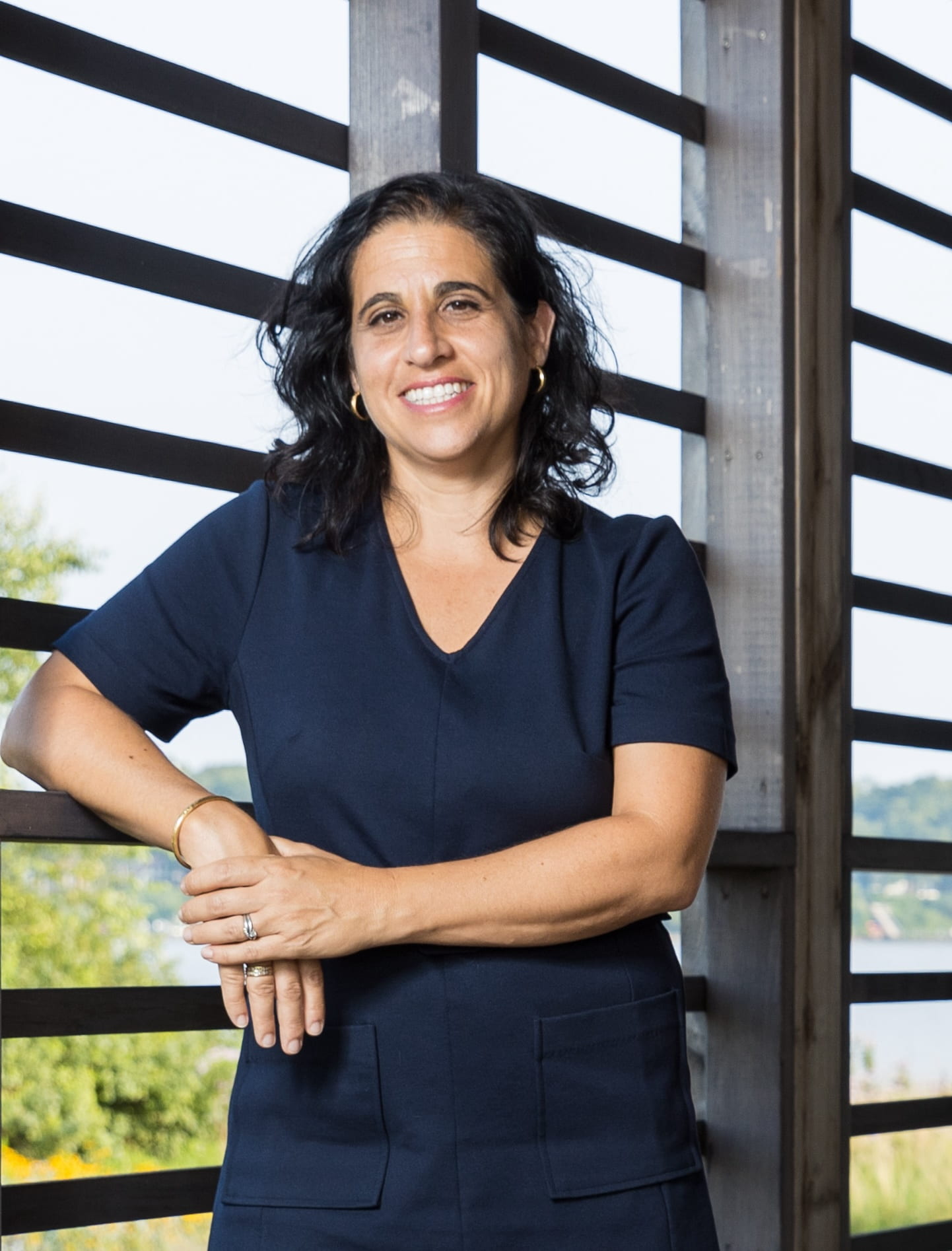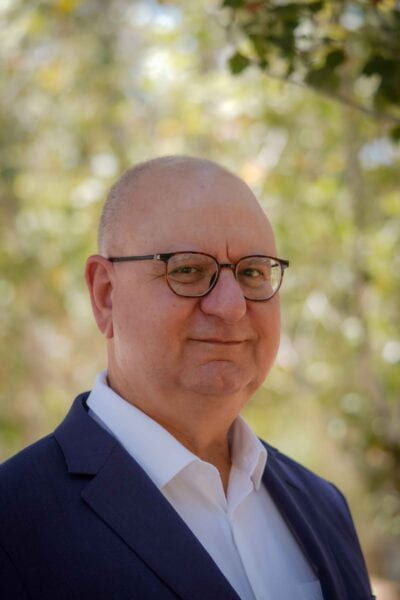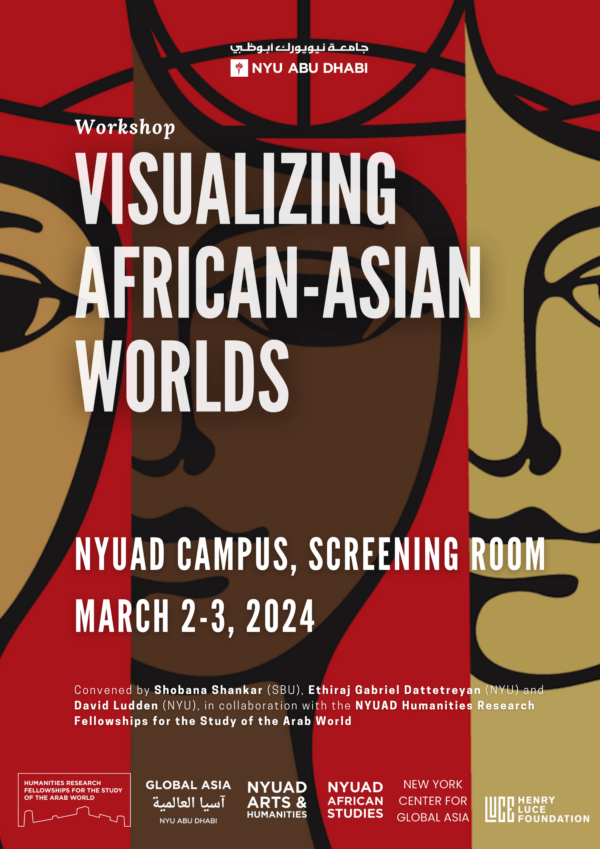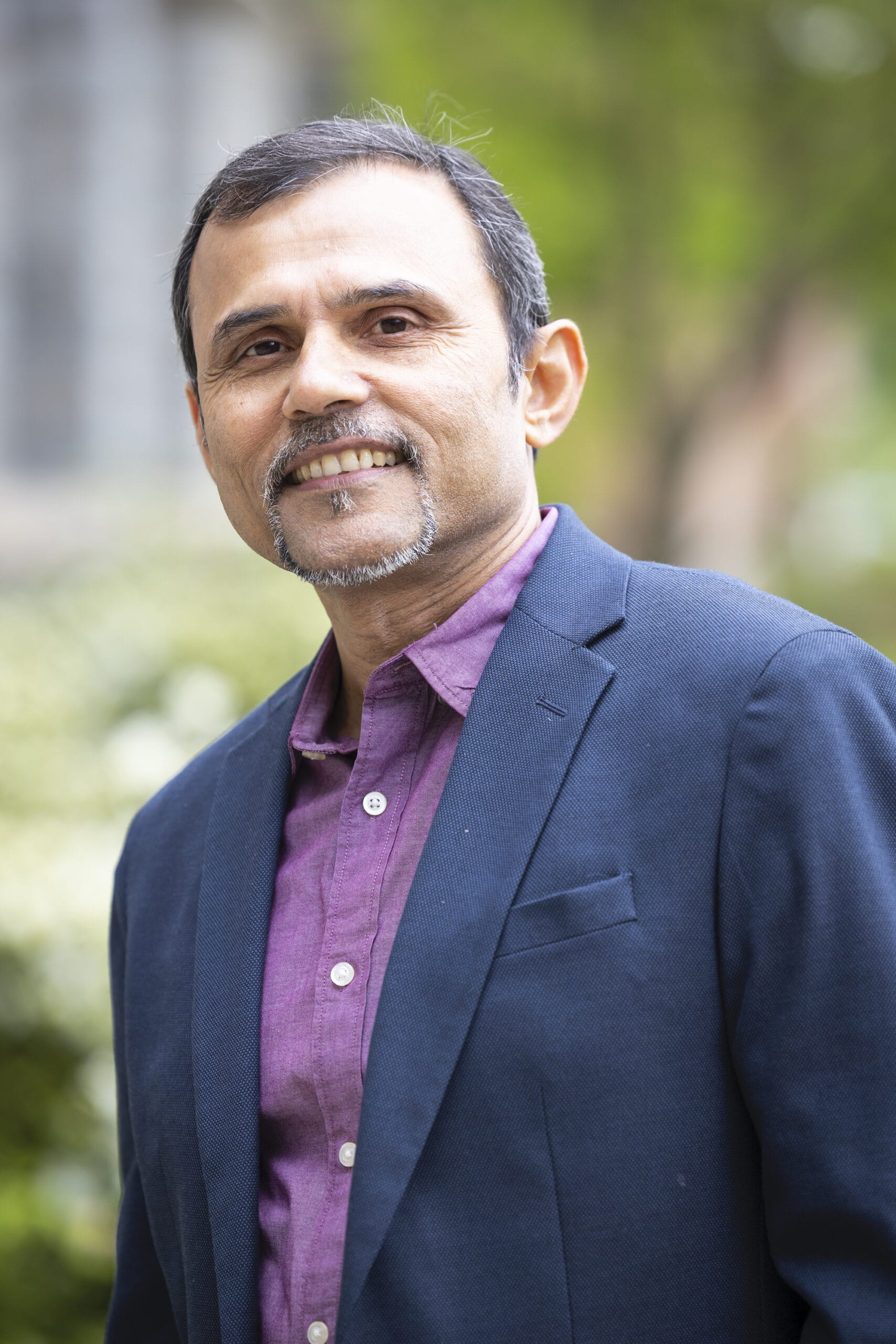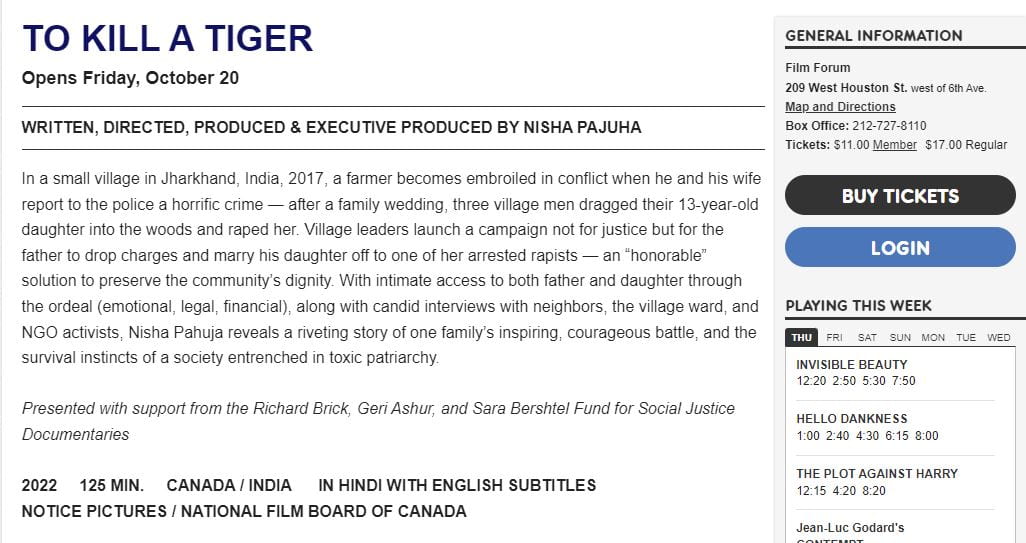GLOBAL ASIA COLLOQUIUM
April 5, 2024. 4-7PM
in 53 Washington Square South (KJCC) 701
Himalayan Lives between Nepal and New York
Sienna R. Craig is the Orvil Dryfoos Professor of Public Affairs in the Department of Anthropology at Dartmouth College
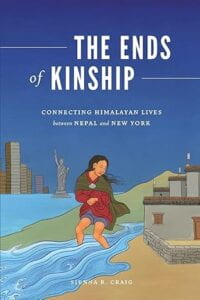
Abstract: For centuries, people from the Nepal Himalaya have relied on a combination of agriculture, pastoralism, and trade as a way of life. Among some communities, seasonal migrations to Nepal’s capital, Kathmandu, and cities in North India for trade as well as temporary wage labor abroad to other Asian countries and the Gulf States shaped their experiences since the 1980s. Yet, permanent migrations to New York City over the past two decades, are reshaping lives and social worlds. Culturally Tibetan regions such as Mustang have experienced one of the highest rates of depopulation in contemporary Nepal — a profoundly visible depopulation that contrasts with the relative invisibility of Himalayan migrants in New York City. Drawing on more than 25 years of fieldwork and relationships with people in and from Mustang, and on collaborative NYC-based research focused on the broader migration experiences of Himalayan and Tibetan New Yorkers, this talk explores questions about migration, community, and belonging in translocal worlds — rooted equally and by turns in Himalayan villages and the global village of New York. I explore how different generations abide with and understand each other, how traditions are defended and transformed in the context of new mobilities, and how cycles of movement and patterns of world-making shed light on dynamics of kinship and care in an era of migration. flexible in the face of migration, at the nexus of environmental, economic, and cultural transformation.
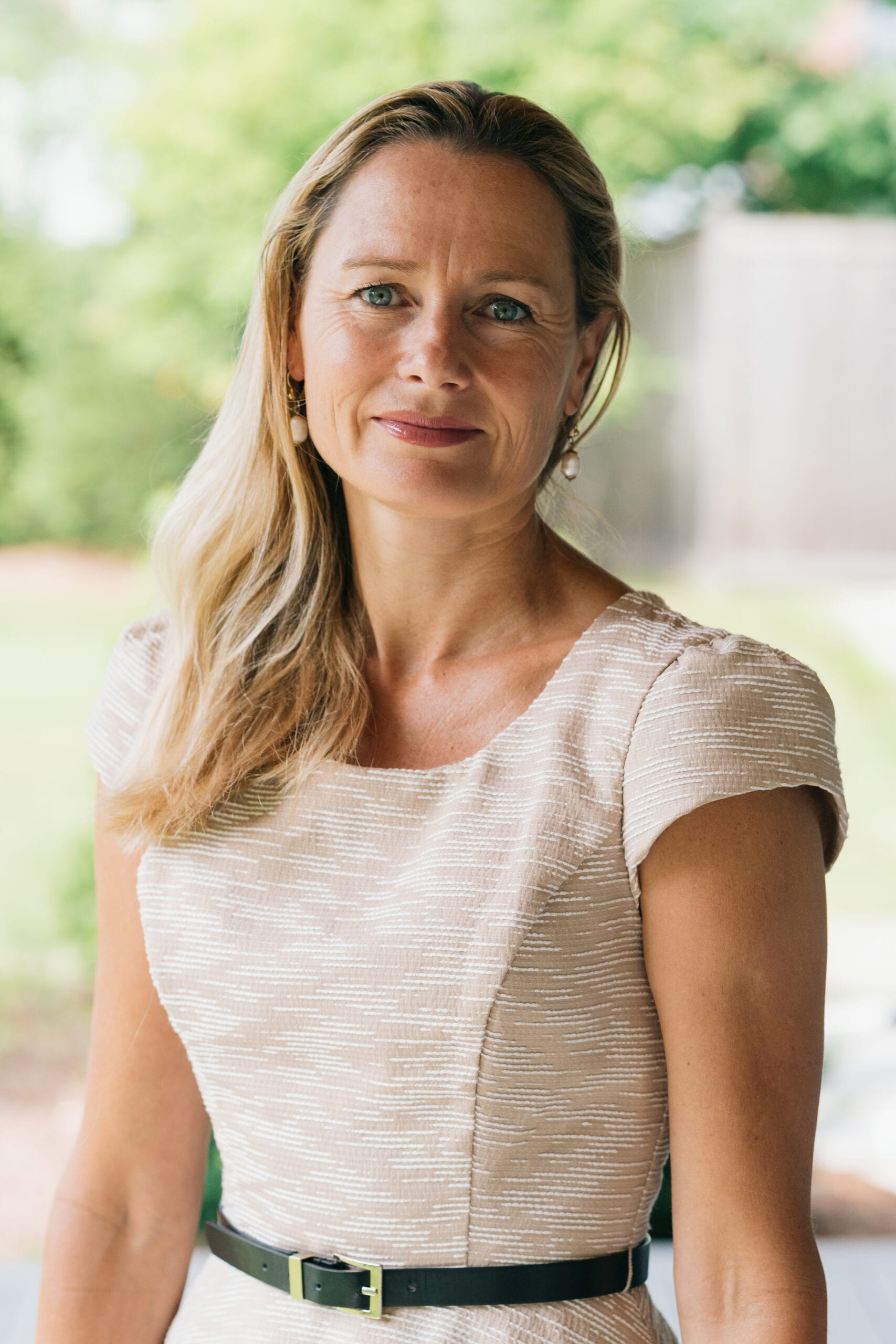
Sienna R. Craig is the Orvil Dryfoos Professor of Public Affairs in the Department of Anthropology at Dartmouth College in Hanover, New Hampshire. She is a medical and cultural anthropologist whose relationships with Himalayan and Tibetan communities spans three decades and bridges communities in Asia and North America. She received her PhD from Cornell University (2006). Craig is the author of The Ends of Kinship: Connecting Himalayan Lives Between Nepal and New York (University of Washington Press, 2020), Mustang in Black and White, with photographer Kevin Bubriski (Vajra Publications, 2018), Healing Elements: Efficacy and the Social Ecologies of Tibetan Medicine (University of California Press, 2012) and Horses Like Lightning: A Story of Passage through the Himalayas (Wisdom Publications,2008). She is the co-editor of Medicine Between Science and Religion: Explorations on Tibetan Grounds (Berghahn Books, 2010), and Studies of Medical Pluralism in Tibetan History and Society (IITBS, 2010), among other publications. Craig enjoys writing across genres and has published poetry, creative nonfiction, fiction, and children’s literature in addition to scholarly works. Her children’s book, Clear Sky, Red Earth: A Himalayan Story, featuring artist Tenzin Norbu’s paintings, is in its third edition (Mera Publications, 2018) in English and has also been published in Tibetan (TALI, 2011). Craig has collaborated with composer Andrea Clearfield, writing libretto for original works, including those that reflect Tibetan and Himalayan culture, Tse Go La and Khandroma. Craig’s work has been supported by the National Science Foundation, the John Simon Guggenheim Foundation, the Social Science Research Council, and the Wenner Gren Foundation for Anthropological Research, among other sources. From 2012-2017 she served as co-editor of HIMALAYA, Journal of the Association for Nepal and Himalayan Studies, and she is an Executive Council member of the International Association for the Study of Traditional Asian Medicine (IASTAM). Since 2018, Craig has served as the House Professor for South House, one of Dartmouth’s six residential education communities.
